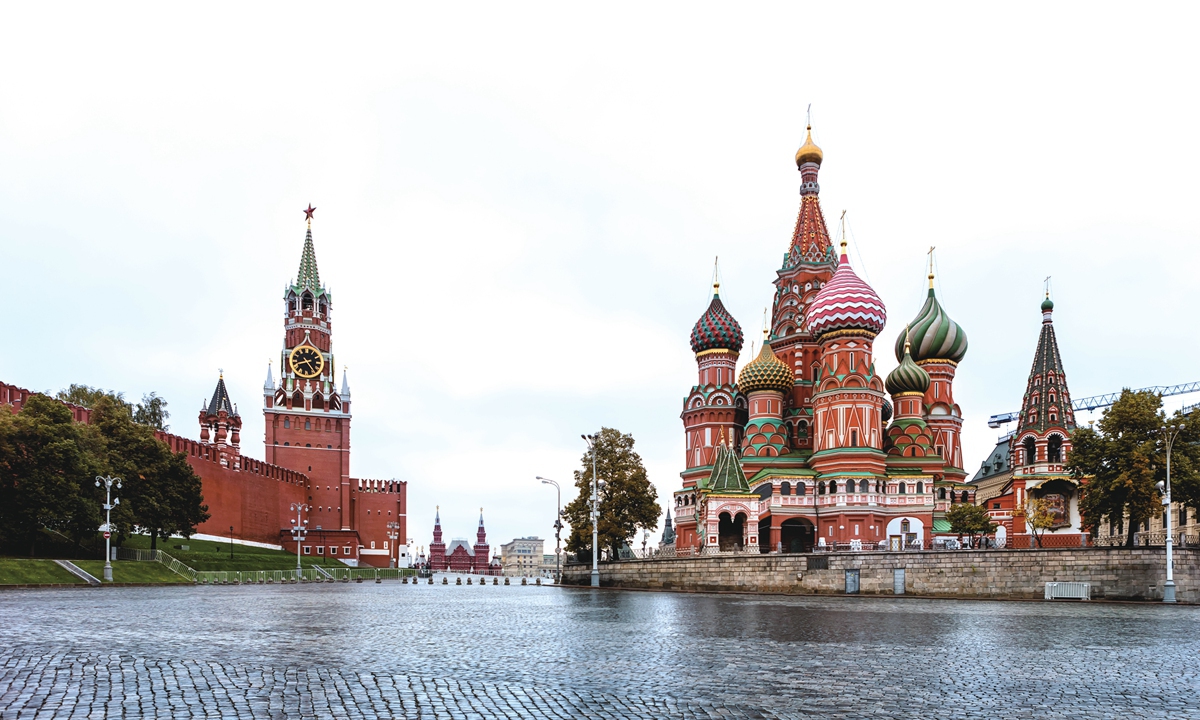A more innovative way to observe Russia is needed
kuchinster@hub.hubzilla.de

The grand question, which I am interested in the most, is why in the past 800 years, Russia has grown from a weak population in a remote corner to the country with the largest territory and the widest latitude in the world. Even after the disintegration of the former Soviet Union, Russia's size still nearly doubles that of Canada, China, and the US, which are the second, third, and fourth largest countries in the world.
In the past 800 years, the Russians have fought against almost all world-class powers such as the Mongol, Byzantine, Ottoman, Napoleonic, Austro-Hungarian, British and German empires, as well as Nazi Germany, the government of the Qing Dynasty (1644-1911), Empire of Japan, and the US. Many of these empires have either disappeared, fallen, disintegrated, or declined. Russia also lost many wars, but it has been able to stand amid rounds of regime changes. In the last 200 years, it has ranked among the most powerful countries in the world, and it can be called the country which can fight the most. What is the reason behind this?
How did the once cultural, technological, and intellectual peripheral region of Europe produce so many masters of civilization in the fields of art, music, literature, politics, mathematics, chemistry, philosophy, biology, mechanics, space, and so on that affected the world after the 19th century?
The Russian nation has also been able to fight more and more bravely in the process of modernization. The Union of Soviet Socialist Republics was able to lead nearly half of the world's countries and population. What is the logic and process behind this?
https://www.globaltimes.cn/page/202209/1274649.shtml#
Russia #
russian #
culture #
history #
USSR #
история